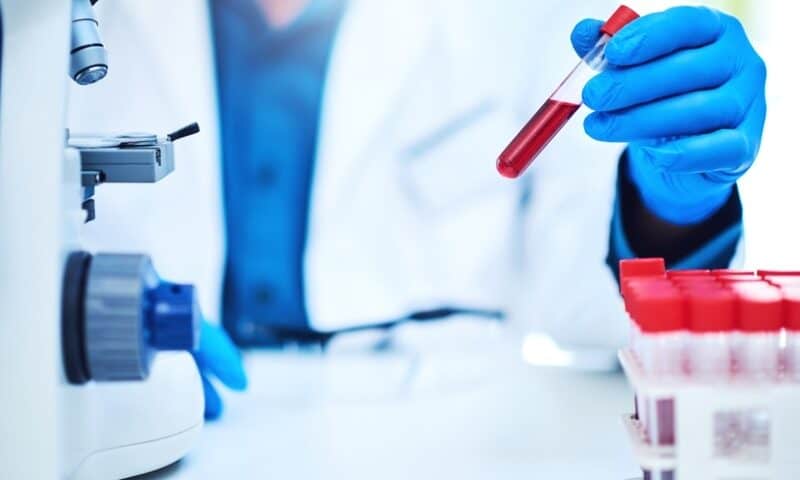The Trump administration has revoked the FDA’s authority over lab-developed tests, including requirements that certain diagnostics made for COVID-19 go through the agency’s emergency review and authorization process.
This does not cover tests built by medtech companies and sold to labs as a product—such as kits from Abbott, Roche, BD and others—which will still be regulated by the agency.
Instead, the change in policy affects tests assembled and used within a single, certified laboratory. However, these labs can greatly vary in size and throughput, from small hospitals to some of the largest academic medical centers and health systems in the country, as well as certain industry companies offering direct testing services.
A brief missive from the Department of Health and Human Services this week said clinicians are free to use unreviewed and unauthorized lab-developed tests, or LDTs, for any type of disease or condition.
In addition, HHS said the FDA will not be able to require premarket review of LDTs unless the agency proposes a new rule through the government’s formal regulatory procedures, ”as opposed to through guidance documents, compliance manuals, website statements or other informal issuances.”
The move comes as President Trump accused the FDA of withholding its green light for the use of convalescent plasma against COVID-19, saying people at the agency wish to harm his chances at re-election. The FDA put the authorization on hold earlier this week as it reviews more clinical data on the treatment’s performance.
Since late March, the FDA has granted Emergency Use Authorizations to 35 lab-developed molecular diagnostic tests for COVID-19—including to the virology laboratories at Yale, Northwestern and Stanford, as well as the Mayo Clinic, Massachusetts General Hospital, Cedars-Sinai and Exact Sciences.
The rules are similar to those for commercial tests: developers may begin using self-validated diagnostics as long as they submit an EUA request to the agency within 15 days. The FDA further maintains a public list of 174 laboratories that have notified the FDA that they have validated their own LDT, but whose tests have not yet been authorized by the agency.
New Jersey Rep. Frank Pallone, the Democratic chairman of the House Energy and Commerce Committee, has called for HHS Secretary Alex Azar to brief members of Congress on the department’s decision.
“Given the importance of testing for our ability to control the spread of COVID-19 and the Administration’s past blunders with serological tests, I do not believe that now is the time to reduce oversight of COVID-19 tests,” Pallone said in a statement. “Flooding the market with unregulated and potentially inaccurate tests will only further undermine our nation’s response efforts.”

